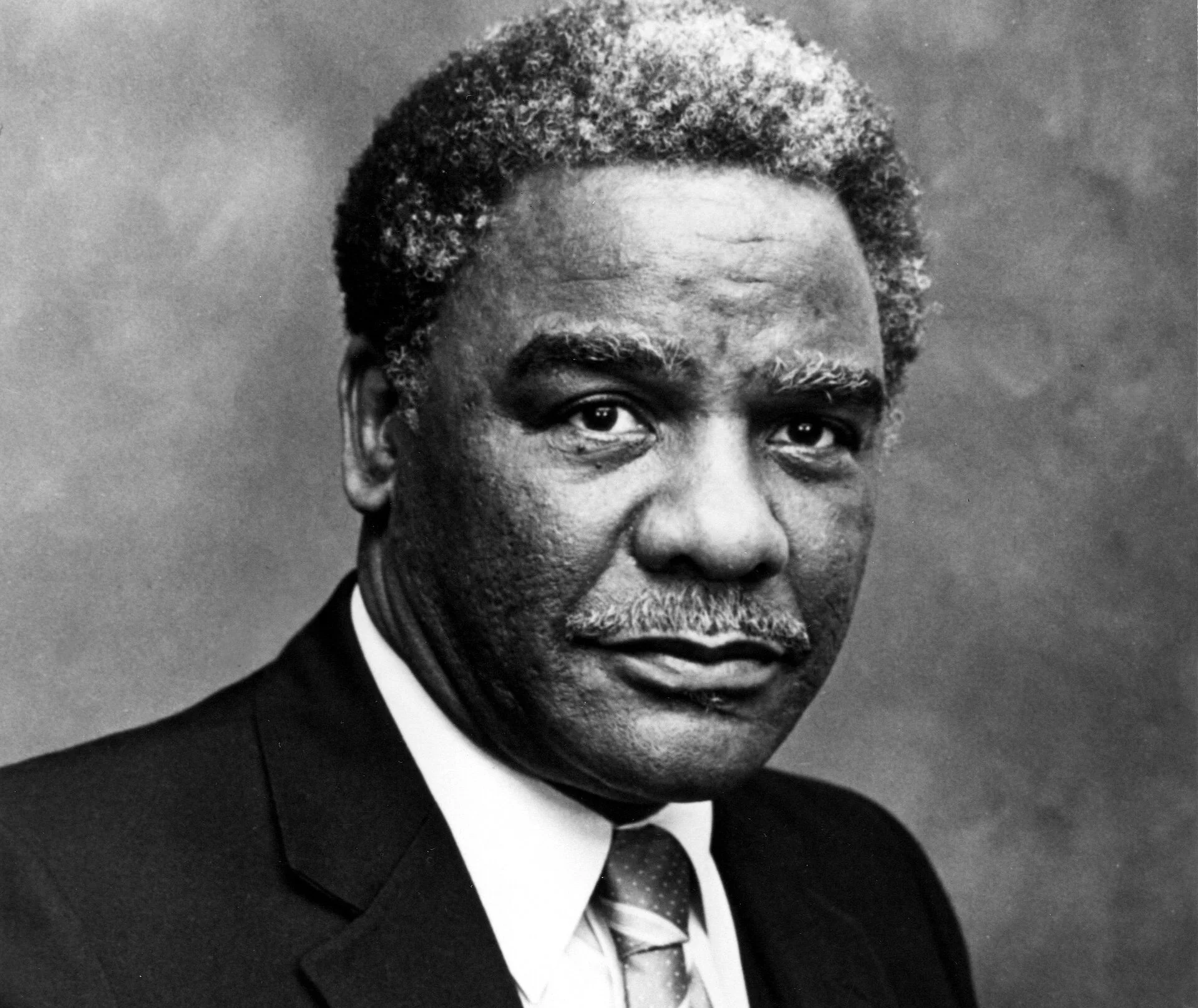Mayor Harold Washington flung the doors open for Chicago’s LGBTQ community
Photo: Wikimedia Commons.
Thirty-eight years ago today, the heart of Chicago stopped. The death of Mayor Harold Washington wasn't just a political vacancy. It was a moment of profound uncertainty for everyone who had finally found safety under his administration.
While his impact on the Black and Latino communities is well documented, we often overlook how fundamentally he altered life for Chicago's LGBTQ community.
Before Harold Washington, City Hall wasn't just indifferent to gay people. It was often hostile. We lived in a city where police raids on gay bars were a standard tool of harassment and where city employment could be terminated based on who you loved. We were citizens in name, but in practice, we were often treated as targets.
Harold changed the atmosphere of this city overnight.
The most shocking thing Harold Washington did was simply show up. In 1984, he became the first mayor in Chicago history to speak at a gay rights rally.
It is hard to overstate how radical this was at the time. Politicians in the 1980s usually ran away from gay issues, especially as the HIV/AIDS crisis began to mount.
Harold ran toward them.
When he stood on that stage and spoke to the crowd, he didn't use coded language. He validated the community’s existence and its struggle.
For a marginalized group accustomed to the shadows, having the mayor of the city stand in broad daylight and declare us part of his coalition was a moment of immense validation.
He famously said during a speech, "No one is free from the fairness of our administration."
He meant it.
He made it clear that if you were gay or lesbian and you were being pushed around, he was in your corner.
Harold knew that speeches weren't enough. He understood that for protection to last, it had to be built into the machinery of government.
He established the Committee on Gay and Lesbian Issues, which was the forerunner to today's Advisory Council on Equity. This gave the community a formal voice in the halls of power for the first time.
He appointed the first mayoral liaison to the gay community, Kit Duffy, and appointed open LGBTQ officials to city boards.
These weren't just token gestures. They were structural changes that integrated LGBTQ perspectives into city planning, health policy, and public safety.
He signaled to the police department and city agencies that harassment would no longer be tolerated from the top down.
Perhaps his most significant legacy for the community was one he didn't live to see signed.
For years, activists had fought for a Human Rights Ordinance to outlaw discrimination based on sexual orientation in housing and employment. Harold was a fierce champion of this legislation.
Though the "Vrdolyak 29" and the obstructionist City Council blocked it during his first term, Harold laid the political groundwork that made its eventual passage inevitable.
When the ordinance finally passed in 1988, just a year after his death, it was widely seen as the fulfillment of a promise he had made. It was his coalition that had changed the math of the City Council enough to make it happen.
When we walk through neighborhoods like Northalsted (colloquially called Boystown), Andersonville, Edgewater, and Roger’s Park today, or when we see LGBTQ leaders like Ald. Leni Manaa-Hoppenworth serving openly in our City Council, we are walking on the pavement Harold Washington laid.
He taught Chicago that a true democracy doesn't pick and choose which minorities to protect.
He understood that the fight against racism and the fight against homophobia were linked by a common demand for human dignity.
We miss him today not just for who he was, but for the standard of courage he set.
He proved that a mayor could embrace the LGBTQ community and still win the heart of the city.

